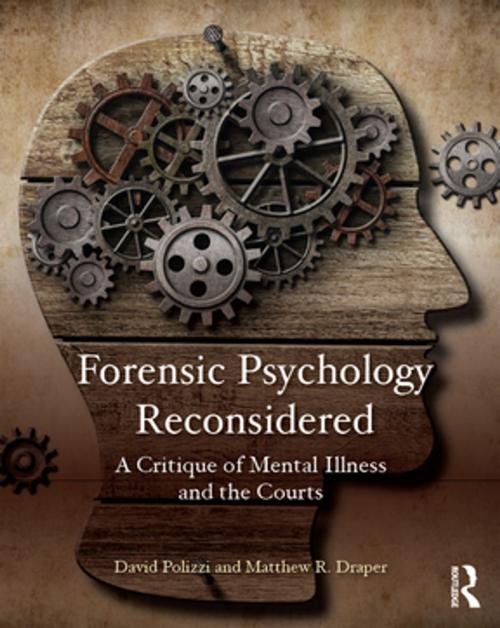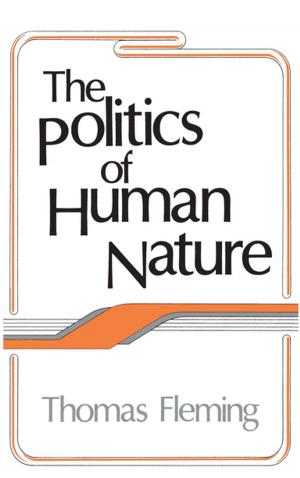Forensic Psychology Reconsidered
A Critique of Mental Illness and the Courts
Nonfiction, Health & Well Being, Psychology, Forensic Psychology, Social & Cultural Studies, Social Science, Crimes & Criminals, Criminology| Author: | David Polizzi, Matthew R. Draper | ISBN: | 9781317234265 |
| Publisher: | Taylor and Francis | Publication: | October 30, 2015 |
| Imprint: | Routledge | Language: | English |
| Author: | David Polizzi, Matthew R. Draper |
| ISBN: | 9781317234265 |
| Publisher: | Taylor and Francis |
| Publication: | October 30, 2015 |
| Imprint: | Routledge |
| Language: | English |
Forensic psychology is where psychology meets the criminal justice system. An understanding of the intersection of criminal law and psychological issues relating to criminal responsibility is critical for criminal justice students. This accessible text focuses on the criminal law implications of forensic psychology as it relates to topics such as competency to stand trial, state of mind at the time of the crime, suicide by cop, and involuntary psychiatric medication administered in custody. Unlike more traditional texts on this topic, which are primarily concerned with the clinical practice of forensic psychology, this book focuses on critical thinking as it relates to these topics. Each chapter presents a critical analysis of the topic under study, going beyond merely identifying the legal parameters of criminal responsibility to explore the ethical, philosophical, and theoretical foundations of that concept.
Forensic psychology is where psychology meets the criminal justice system. An understanding of the intersection of criminal law and psychological issues relating to criminal responsibility is critical for criminal justice students. This accessible text focuses on the criminal law implications of forensic psychology as it relates to topics such as competency to stand trial, state of mind at the time of the crime, suicide by cop, and involuntary psychiatric medication administered in custody. Unlike more traditional texts on this topic, which are primarily concerned with the clinical practice of forensic psychology, this book focuses on critical thinking as it relates to these topics. Each chapter presents a critical analysis of the topic under study, going beyond merely identifying the legal parameters of criminal responsibility to explore the ethical, philosophical, and theoretical foundations of that concept.















